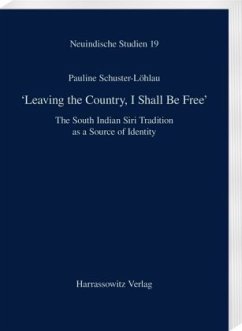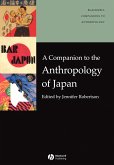The present volume examines how the Siri tradition of Coastal Karnataka serves as a source of identity. The Siri oral narrative (paddana, an indigenous genre of the Dravidian Tu u language) relates the story of an extraordinary Tu uva woman called Siri and her female descendants. Siri is a role-model for many local women, especially for those singing her story and performing as her mediums in the ritual context of the deified family's annual festivals.
Combining and analyzing textual and ethnographic material, the connection between oral narratives and personal, social and cultural identity is explored in depth for the first time: Selected Siri texts are studied in regard to their representation of gender roles, caste-specific perspectives and the world view and ethos pertaining to Tu u culture. In addition, the female-oriented Siri tradition is compared to three other, more male-centered Tu u and Kannada oral texts (K i-Cennaya, Koddabbu and Male Mad svara). The empirical data, particularly interviews, illustrate the Siri tradition's impact on the performers' life, personal and social identity. Altogether, the study stresses the tradition's value both on the level of the individual and the collective, such as its socio-cultural relevance as a normative text, sacred narrative and part of Tu uva cultural memory.
Combining and analyzing textual and ethnographic material, the connection between oral narratives and personal, social and cultural identity is explored in depth for the first time: Selected Siri texts are studied in regard to their representation of gender roles, caste-specific perspectives and the world view and ethos pertaining to Tu u culture. In addition, the female-oriented Siri tradition is compared to three other, more male-centered Tu u and Kannada oral texts (K i-Cennaya, Koddabbu and Male Mad svara). The empirical data, particularly interviews, illustrate the Siri tradition's impact on the performers' life, personal and social identity. Altogether, the study stresses the tradition's value both on the level of the individual and the collective, such as its socio-cultural relevance as a normative text, sacred narrative and part of Tu uva cultural memory.







